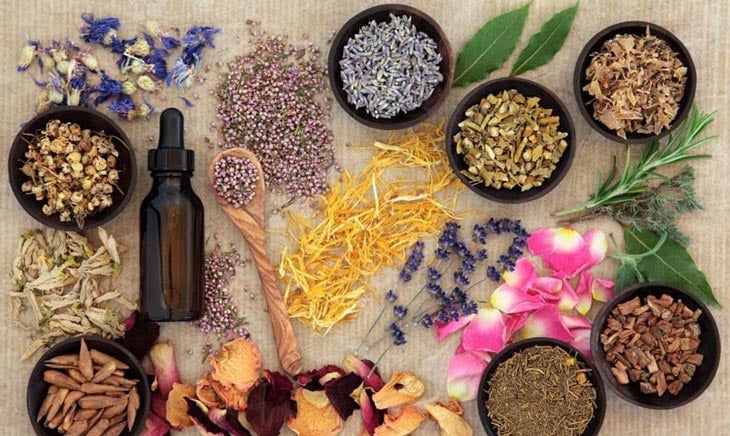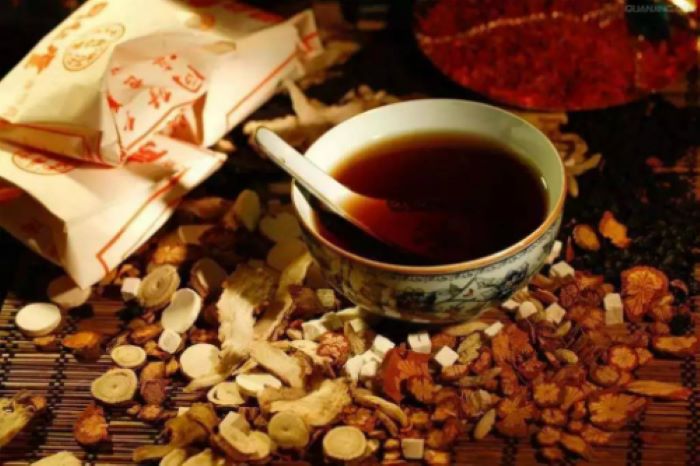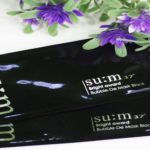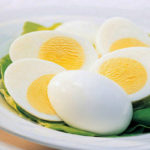1. Seasonal Nourishment
In many classical works of Traditional Chinese Medicine, the emphasis is placed on the different methods of nourishment that should be applied in each season.
Everything on Earth has its own “birth” (growth), growth (development), harvest (reap), and hiding (concealment). This is in accordance with the changing laws of the four seasons.
The human body is the same. Therefore, in terms of clothing, diet, exercise, and living environment, one should adjust their lifestyle accordingly to maintain good health and prevent diseases.
The five viscera and six bowels of the human body, as well as the circulation of Qi and blood, all need to adapt to the different seasons. If they go against the Qi of Spring, the Liver will be affected; if they go against the Qi of Summer, the Heart will be affected; if they go against the Qi of Autumn, the Lungs will be affected; if they go against the Qi of Winter, the Kidneys will be affected.

According to the ancients, a proper diet can regulate the vital energy, correct imbalances in the Yin and Yang organs, prevent and treat diseases, and prolong life. Therefore, it is important to have a diverse and balanced diet.
Emperor Nokyo said, “Cereals nourish, fruits supplement, meat enhances, and vegetables balance.” This means that cereals are the basic source of nutrition for survival. Fruits, vegetables, and various meats are supplementary and nourishing foods.
“Cereals”: Rice, wheat, corn, barley, soybeans
“Fruits”: Apples, peaches, walnuts, almonds, apricots (all referring to various fruits)
“Meats”: Beef, dog, pork, goat, chicken (referring to various meats)
“Vegetables” refer to green vegetables with edible stems, leaves, flowers, and fruits.
According to ancient Chinese medicine, meridians play a crucial role in determining life and death, curing diseases, and regulating digestion. Meridians are like a “network” throughout the body, controlling the circulation of blood and Qi to ensure the normal functioning of organs and systems.
In Chinese medicine, it is said that “if a meridian is blocked, there will be pain; if a meridian is unobstructed, there will be no disease.” This means that if the meridians are not flowing smoothly, diseases will appear on the body.
Ancient health experts believed that clearing the meridians is an important method of nourishment. The simplest method is to frequently stimulate and massage the crucial acupoints: the Confluence Point can prevent and treat facial and systemic diseases, the Inner Gate can support the prevention of cardiovascular diseases, and the Three Miles Point is effective for digestive disorders.
4. Detoxification Nourishment
According to Traditional Chinese Medicine, the five emotions of “anger, joy, pensiveness, sadness, and fear” are closely related to the organs. Excessive emotional reactions can affect the balance of organ functions, causing fatigue. This concept has been applied for centuries for health maintenance.
According to ancient beliefs, if one’s emotions are abnormal, it will disturb the balance of Yin and Yang in the body. Excessive fatigue will generate dampness, heat, and phlegm. Immoral behavior and damage to the original Qi will allow external toxins to invade, resulting in various diseases. These factors are considered “toxic.” Therefore, “detoxification” is used to preserve the vital energy of the body.
“Detoxification” involves adjusting diet, using herbal medicines, or other methods to eliminate accumulated toxins in the body, prevent diseases, reduce aging, and prolong lifespan.

5. Cultivating Vitality
Traditional Chinese Medicine emphasizes the importance of nourishing vitality at the appropriate time, meaning “nurturing Yang in spring and summer, nurturing Yin in autumn and winter.” Vitality cultivation is a way of life that needs to be practiced step by step. Emotions, diet, habits, and climate all affect the health of internal organs.
Traditional Chinese Medicine believes that “human beings are creatures in nature and are always in contact with their natural surroundings, so they cannot be separated from nature.” Maintaining good health should start with nourishing the organs according to the seasons. In spring, one should “nourish the Liver”; in summer, one should nourish the Heart and Small Intestine; in autumn, one should nourish the Lungs; in winter, one should nourish the Kidneys.
Corresponding to the four seasons, Traditional Chinese Medicine uses nourishing herbs to regulate Yin and Yang, nourish the organs, and nourish the vital energy and blood to strengthen the body, prevent and treat diseases.
6. Calming the Mind
Anger damages the Liver, joy damages the Heart, pensiveness damages the Lungs, and fear damages the Kidneys. Excessive worries and sadness can cause imbalances in the Yin and Yang in the body, leading to various diseases and premature aging.
In traditional nourishment practices, calming the mind is of utmost importance. By means of nourishing the mind, regulating emotions and willpower, and adjusting lifestyle, one can stabilize the organs, prevent diseases, enhance health, and prolong lifespan.

Illustration
7. Regulating Qi
Ancient people believed that the original Qi of human beings can be transformed, promote and strengthen Qi and blood, nourish all tissues and organs, resist disease-causing factors, and enhance the functions of the organs. Regulating Qi and emotions are directly related and play a key role in maintaining good health.
Regulating Qi involves daily care, adapting to the four seasons, avoiding excessive physical labor and fatigue, adjusting diet and emotions, and speaking less in order to nourish and maintain the original Qi, thereby preventing diseases and prolonging life.
8. Self-Cultivation
Ancient people believed that those who pursue health and long life must start with self-cultivation.
The philosophy of Confucianism says, “Cultivating the mind is the fundamental.” When discussing nourishment, it emphasizes the importance of “self-cultivation” and ethical nurturing to reach spiritual elevation and promote physical robustness.
There is a saying among ancients, “Excessive giving damages the body.” This means that excessive anger, as a negative emotion, if experienced frequently, will harm both the body and the mind, especially the Liver.
Therefore, both famous physicians, Manthue Nguyen and Ton Ton Mac, emphasized the development of moral virtues, doing good deeds for others, maintaining a calm and open-minded attitude, and a joyful and natural spirit, which can contribute to physical health and vitality.
9. Preserving Essence
According to the ancient beliefs, essence is the quintessence of nourishment in the human body and the material basis of life. The five viscera and six bowels can function normally only when they receive sufficient essence. Preserving essence can delay aging and enhance lifespan.





































